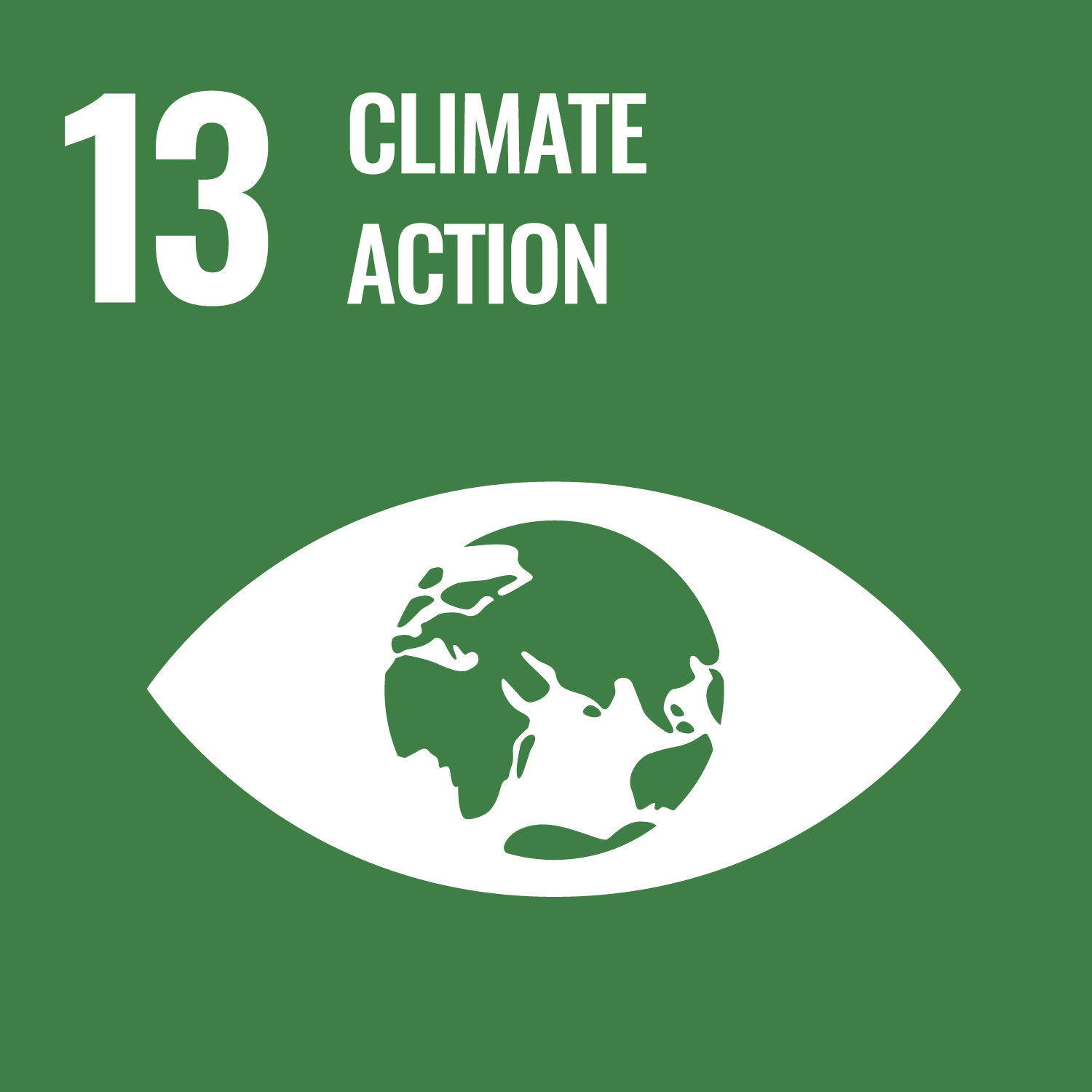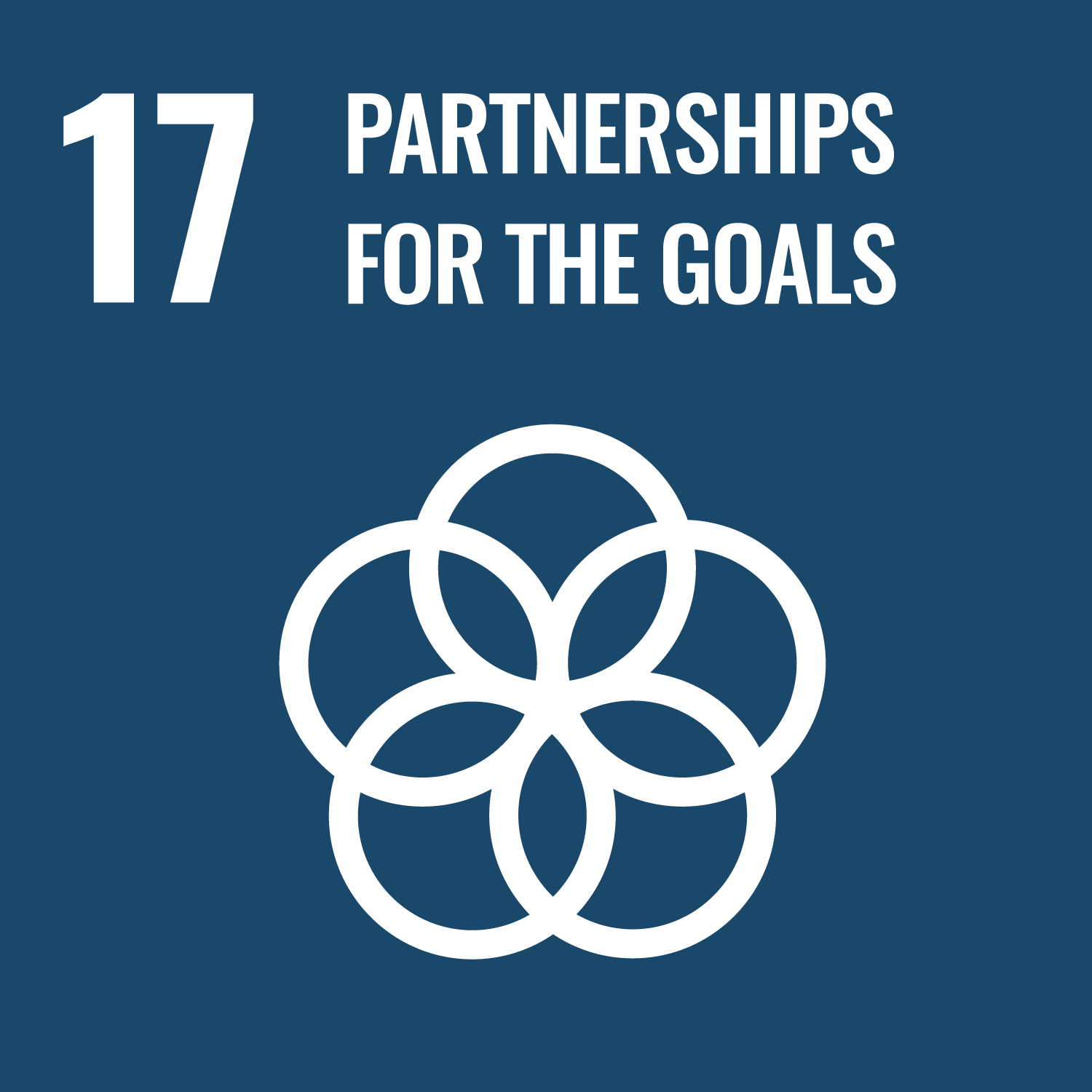Quantifying the environmental impact of horticulture production under a protected agriculture production system
Aligned SDGs



- Quantifying the environmental impact of horticulture production under a protected agriculture production system
- General overview
- Intervention
- Location
- Last data update
- Spreadsheet of data
- Quantifying the environmental impact of horticulture production under a protected agriculture production system
- General overview
- Intervention
- Location
- Last data update
- Spreadsheet of data
General overview
Stage of development: Final negotiations
Policy sectors: Agriculture / Environment and climate change
Type of instrument: Technical Assistance and Market-building program (Must involve dedicated grant resources)
Delivery locations: Mexico
Country classification: Upper-middle-income
Intervention
Social or environmental challenge
Currently, the market does not effectively account for greenhouse gas emissions of agriculture production. The externalities of reducing (or increasing) emissions are currently not reflected in the pricing. Developing a replicable and automized measurement system to measure and compare GHG emissions of protected agriculture compared to conventional production systems allows producers using these sustainable production techniques to have data to ensure that this is reflected in pricing. Furthermore, it can enable producers to issue carbon credits.
Description of the intervention
"The project aims to quantify the positive environmental impact of horticulture production using a protected agriculture production system compared to open-field production. Agriculture is one of the major drivers of global greenhouse gas emissions, which in turn contribute to the rising global temperatures. Improved agricultural practices have the potential to reduce these emissions, sequester atmospheric carbon and promote a more sustainable use of resources, while at the same increasing the resilience of agricultural production systems, which are key to the economic development of countries such as Mexico. Protected agriculture is an important facilitator in positioning Mexico as an exporting nation for horticulture, with over 47,000 hectares of area planted growing yearly by 2,700 hectares.
The project aims to develop a replicable and automized measurement system that allows quantifying the reduction of key indicators, including greenhouse gas emissions, fertilizer and pesticide use, water consumption and soil eutrophication. Upon successful completion of the project, the measurement system can be replicated and scaled to different crops and countries. Furthermore, the project will publish results that will advance the academic frontier on measuring the impact of this production technique and raise awareness on the climate change mitigation and adaptation potential of protected agriculture."
Location
Country:
- Mexico
Locality:
- Mexico
Last data update
Data for this pipeline project was last updated in August 2023
You might have noticed that some pipeline projects have more data than others. This is because organisations can share as much data as they want with the INDIGO initiative. If you have more data on one of these pipeline projects and would like to share with us, please get in touch at indigo@bsg.ox.ac.uk. Our full list of variables and data definitions can be found here.
Spreadsheet of data
Important Notice and Disclaimer on INDIGO Data
INDIGO data are shared for research and policy analysis purposes. INDIGO data can be used to support a range of insights, for example, to understand the social outcomes that projects aim to improve, the network of organisations across projects, trends, scales, timelines and summary information. The collaborative system by which we collect, process, and share data is designed to advance data-sharing norms, harmonise data definitions and improve data use. These data are NOT shared for auditing, investment, or legal purposes. Please independently verify any data that you might use in decision making. We provide no guarantees or assurances as to the quality of these data. Data may be inaccurate, incomplete, inconsistent, and/or not current for various reasons: INDIGO is a collaborative and iterative initiative that mostly relies on projects all over the world volunteering to share their data. We have a system for processing information and try to attribute data to named sources, but we do not audit, cross-check, or verify all information provided to us. It takes time and resources to share data, which may not have been included in a project’s budget. Many of the projects are ongoing and timely updates may not be available. Different people may have different interpretations of data items and definitions. Even when data are high quality, interpretation or generalisation to different contexts may not be possible and/or requires additional information and/or expertise. Help us improve our data quality: email us at indigo@bsg.ox.ac.uk if you have data on new projects, changes or performance updates on current projects, clarifications or corrections on our data, and/or confidentiality or sensitivity notices. Please also give input via the INDIGO Data Definitions Improvement Tool and INDIGO Feedback Questionnaire.